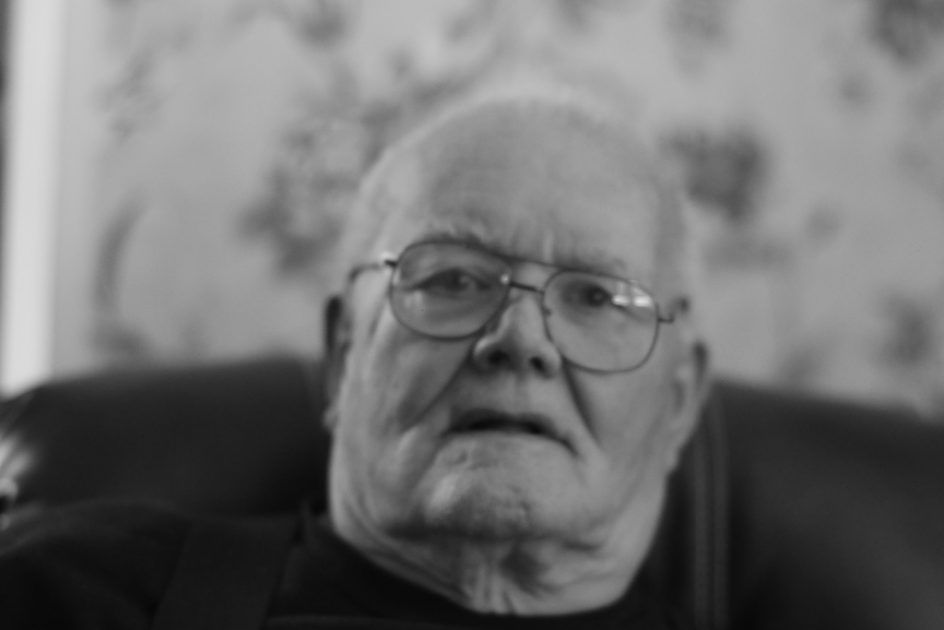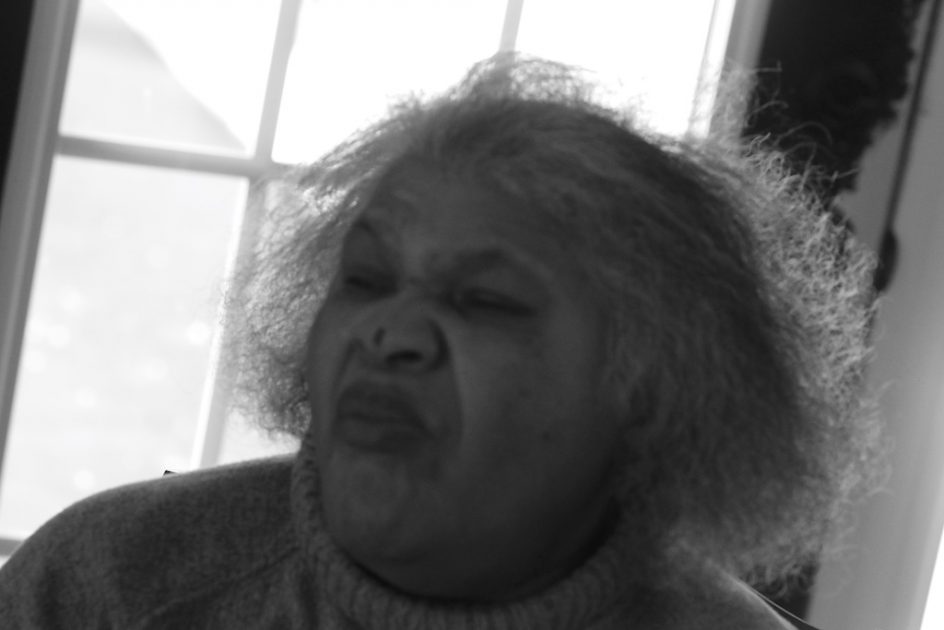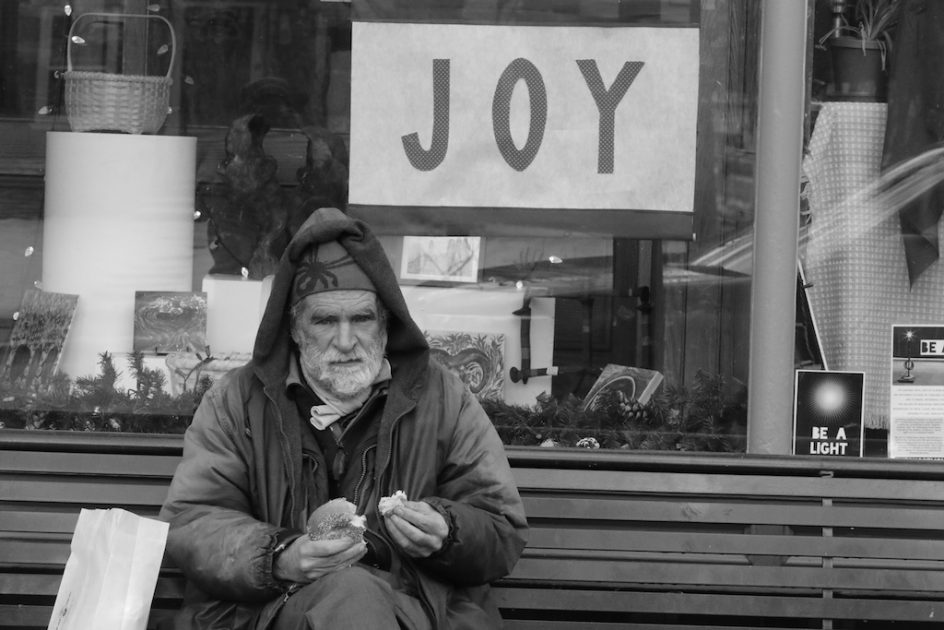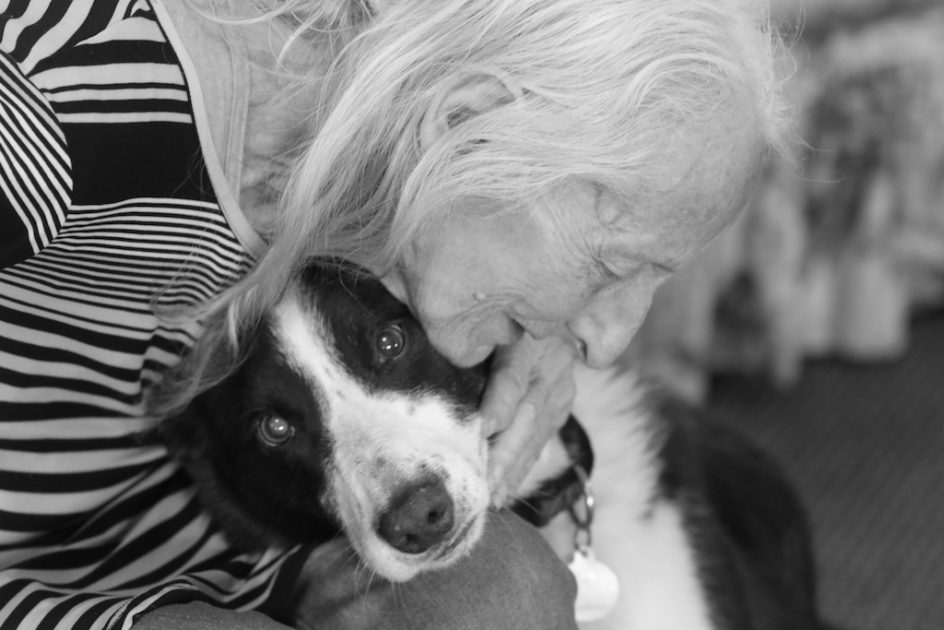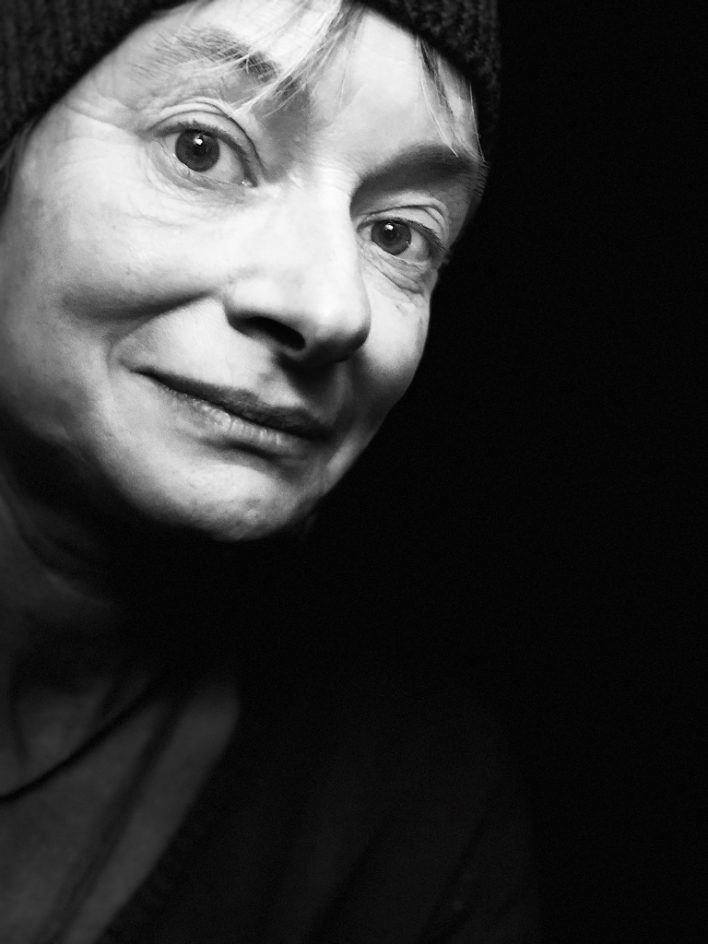
It’s not for me to lecture men about their behavior, nor it is for me to tell women how far and deep to go with their stunning revolution. I know that something big is happening, and I do try to think about what role I have to play in this sea change, if any.
I don’t have much power, or great influence. Nobody is going to put me on TV to share my views, and I am grateful for that.
What I need to do is necessarily personal and individual. And maybe useful.
I don’t really know what my role is. I don’t, as a rule, tell other people what to do, I try to relate to this in a personal level, as a human being, of course, and as a husband, father, teacher, writer and friend.
Given where I am and what I do, I imagine I will be a bystander in this upheaval, except as it relates to the women around me. Revolutions are for the young, I will be cheering on the sidelines, marching along.
I see this issue of violence against women as a men’s problem, one man at a time.
In my own relationship with Maria, I have changed the way I think about her over the ten years of our relationship, and I suspect that it is the way it will have to be. And that that is the way it will really change.
Men will have to begin thinking differently about women in order to stop hurting, humiliating and harassing them.
When we were first together, I used to worry greatly when Maria drove off in a snowstorm in her small car with no snow tires. This really disturbed and troubled me. Over time, I realized this was not my place.
Maria is a grown woman, a smart person, sensible and strong.
She got through every one of those snow storms just fine.
I was the one who was a wreck.
And why did I need to do this at all? It was because I took the voice of the strong and wise one, on some subconscious level, I saw her as helpless, unable to make wise decisions for herself. That was what I was taught about women, that was what I thought I saw all around me when I was young.
I had slipped, like so many men, into this way of looking at women: I was the strong one, the decision maker, the head of my own personal Homeland Security.
So I stopped doing this.
It is up to Maria to decide what to drive and when, and in what kind of weather, and with what tires.
She is every bit as competent to drive as I am, and usually in snow, more. I didn’t need to see her as dependent on me for good advice. And it is nice not to think about her driving choices or worry about them. I’d rather read a book in a snowstorm with some hot chocolate and a fire or blog than peer out of the window fretting like my grandmother.
And that wasn’t the only fretting I did.
For a long time after we got married, I would wake up, upset and worried about what would happen to Maria when I died – I am 17 years older than she is. I am likely to go first.
The recession and real estate crunch (and divorce) wiped out my finances, and led to personal bankruptcy, something I never once imagined would happen to me, let alone to us. We tried to sell the first Bedlam Farm for four years, and never really got a bite. So we had to let it go and turn it over to the bank.
I felt I had failed in my role as as man. I planned to buy a small mortgage free house and leave it to her. That plan collapsed.
That is always the role men have been handed or taken on, a role some women have wanted. But it is dangerous, as we can see. By definition, it it diminishes women and makes us think of them as weaker and vulnerable than us. We see that patronizing and trivializing other people can injure, even kill.
I saw Maria after me as a vulnerable artist with a mortgage and a farm and with far less money in the bank than I ever imagined would be the case. At first, I tried to deal with it myself, and then I saw I couldn’t and asked for help. As it happened, I got help, and we made a great team.
It is a lot easier that way, and Maria had a chance to demonstrate her own courage and strength. I didn’t lead the way back, we did. Having endured that awful experience, there is not too much that will daunt either of us.
And that is one of the reasons I know she can take care of herself, I saw her do it. I helped her do it. I wanted her to do it. We support each other.
But I worried about her future for a long time, and still do, once in awhile. It is a deep and enduring habit.
What would happen to her when I died, if I died first? Could she keep her life as an artist, could she keep the farm and her beloved donkeys?
I stopped doing that too. I worked on it, and it is mostly gone.
This worry was my problem, not hers, my weakness, not hers.
Maria’s life as an artist has deepened and grown, she has a huge following of people who love her work and her blog and also care about her. Maria can take care of herself, and it is demeaning to think she can’t survive without me.
That is not love, it is another form of power.
So I have let go of the view of her as someone who is somehow weaker and more fragile than I am, however ingrained and unconscious that is.
Maria manages her work and finances and business with great skill, energy, organization and discipline. You don’t want to be standing in the doorway when she leaps out of bed in the morning and heads for her studio. I’m the one who wants to sleep more.
I think as a man, what I need to think about is how I see women.
I don’t wish to see women as dependent any more. I don’t wish to feel responsible for their decisions and lives. That’s an awful load on me and cruel thing to do to them. Or to me.
I think in some ways the epidemic and heartbreaking violence against women begins when men start to think of them as weaker, lesser, more dependent and fragile than men.
That may have been true in some ways back at the dawn of civilization.
But it is not true now. I am learning to think differently about them.
My genes, brains, emotions, experiences and perspective need to catch up to this new reality, and quickly. Certainly, the number of women gaining strength to come forward and speak out is something I hear very clearly and think about a great deal.
I believe many men will think long and hard before they wave their penis in front of a young woman seeking a job, or ask to get a massage from employees, or stick their tongue down a stranger’s throat.
People do not harass or brutalize people they see as powerful or equal.
I am not naive, it will take many men a long time to even begin to think about how they think of women. This revolution will not be quick or neat, domination and power are not things many men wish to give up – just look at the news, see who we elect.
There will inevitably be a backlash to yet further loss of privilege and power that so many men, mostly angry white men, are already feeling. That is the other revolution we all have to face, men and women both.
So my work begins at home, I have no magic want to wave at men, and I have no standing to speak for women. This is their fight, but it is a men’s problem.
I think I have intuitively grasped this new way to think about women, and that is partly true because I married a strong women who insists on making her own decisions, and on seeing her work and time and identity every bit equal to mine. I see it that way too, especially when I am thinking about it.
Not once did Maria ever acquiesce to my pleas and take my bigger car, or not go out, or even go buy snow tires as I repeatedly suggested (she eventually did, last year.) Her tires are not my business. Don’t I have enough problems of my own without taking on hers?
I no longer wake up in the middle of the night and wonder if she can take care of herself.
I have no doubt that she can, and that is the message she needs to hear from me, that I have faith in her strength and talent and judgement, not that she can’t flourish and live her life without me, or drive to work in a snowstorm. Life always goes on, nobody is indispensable.
So this is where I think it begins for me, this re-thinking of women.
It is a subtle as well as an obvious problem, and it begs change and thoughtfulness and empathy. And for patience.
The more I can stand in her shoes, the better man and husband and lover I will be.
And the less likely I will ever be to see her as something I would dare or want to mistreat.

